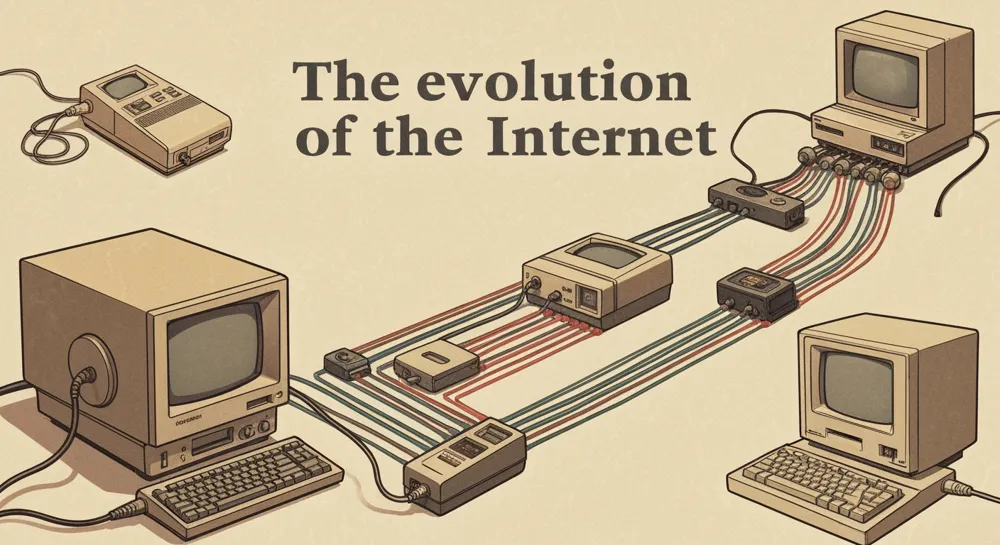China Eases Semiconductor Export Controls, Boosting Supply Chains

China's recent decision to lift export controls on computer chips essential for car production has significant implications for the automotive industry and global supply chains. With the easing of restrictions, which also included exemptions for exports from the Chinese-owned company Nexperia, concerns about production disruptions in Europe appear to be alleviated. This development not only highlights the interconnectedness of semiconductor supply chains but also reflects a shift in trade dynamics between China and the United States. As both nations aim to reduce tensions, this move could signify a return to stability in an industry that has been grappling with supply shortages.
Nexperia, while based in the Netherlands, is predominantly influenced by Chinese operations, with around 70% of its chips produced in Europe being sent back to China for processing. The transition of Nexperia's ownership to the Dutch government in October was aimed at safeguarding semiconductor production in Europe. However, this led to China's imposition of an export ban, which raised fears of global supply disruptions, especially as major automakers like Volvo and Volkswagen faced potential shutdowns due to chip shortages. The recent agreement to simplify export procedures for Nexperia chips for civilian use indicates a cooperative effort among the EU, China, and the U.S. to maintain semiconductor availability, a critical component for various industrial sectors.
Read These Next

iPhone Pocket: Pricey or Trendy?
This article explores the implications of Apple's new iPhone Pocket accessory, which faces criticism for its high price and minimalistic design, and what this reveals about brand loyalty and market trends in luxury tech fashion.

FOCAC Showcases Cutting-edge Technology to Guests and Media
At the 2024 FOCAC Summit, China showcased innovations like a humanoid robot and 8K HD virtual flights, enhancing diplomacy.

Family uses AI to create video of Arizona man addressing killer
A family used AI to create a video of a deceased man addressing his killer in court, raising ethical questions about AI in justice.
